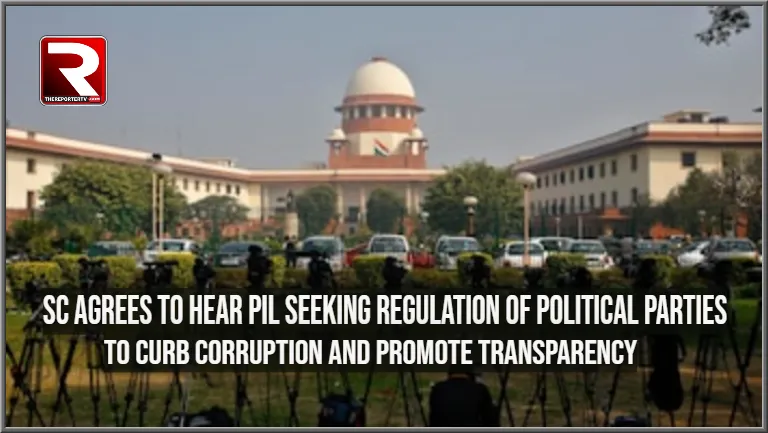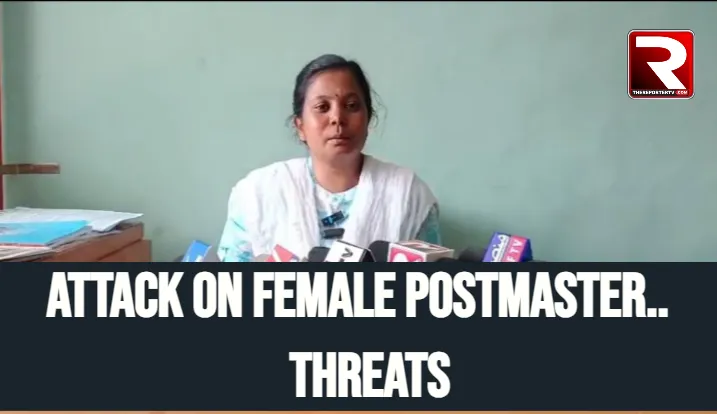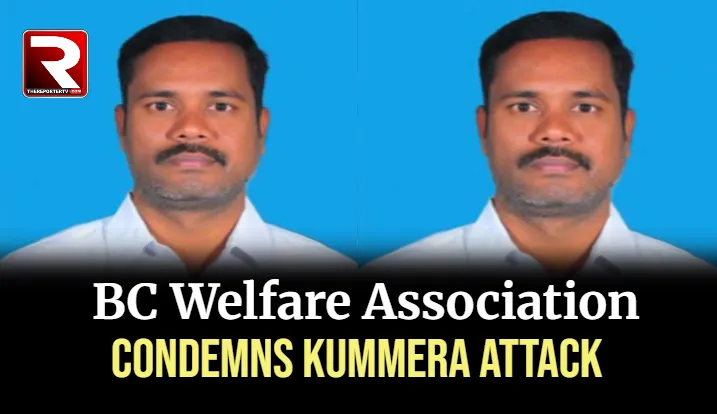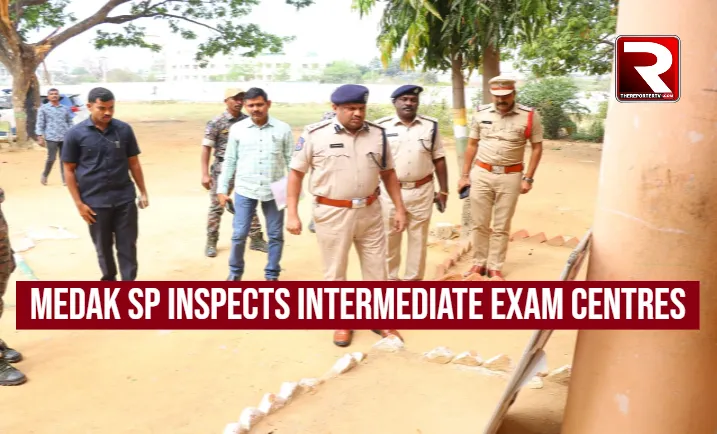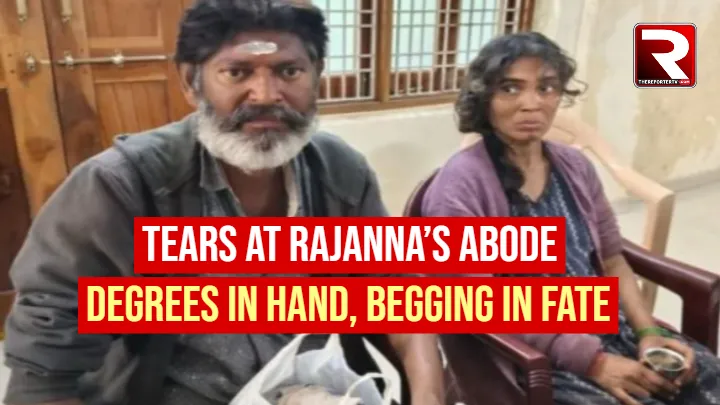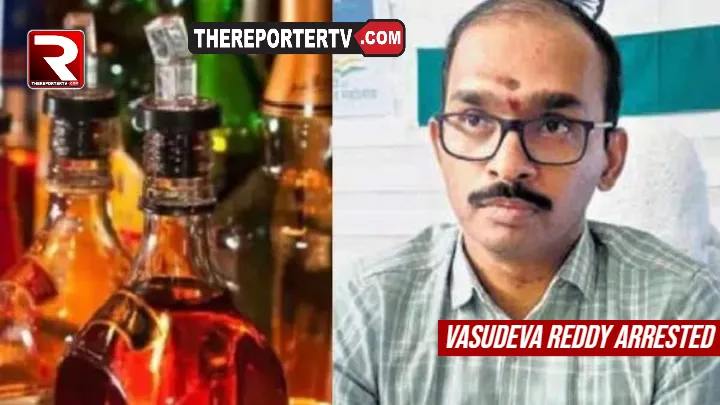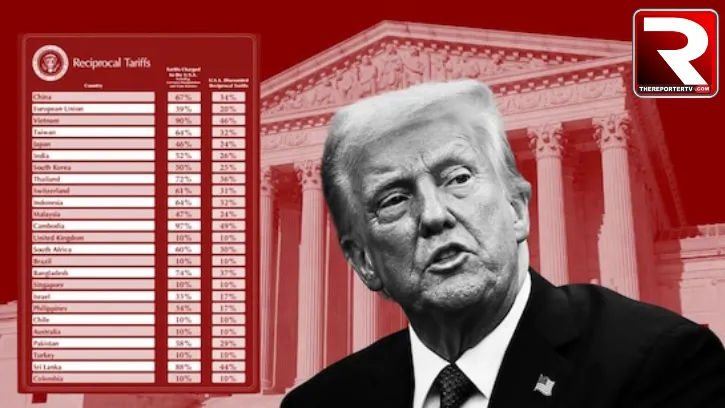New Delhi : In a significant development, the Supreme Court on Friday agreed to examine a Public Interest Litigation (PIL) urging the formulation of comprehensive rules for the registration and regulation of political parties in India. The petition seeks to promote secularism, transparency, democracy, and political justice within the country’s electoral system.
A Bench comprising Justices Surya Kant and Joymalya Bagchi issued notices to the Union Government, the Election Commission of India (ECI), and the Law Commission, directing them to file their responses within four weeks.
The Bench further instructed the petitioner-in-person, advocate Ashwani Kumar Upadhyay, to implead all national political parties recognised by the Election Commission as respondents in the case.
The PIL calls for urgent measures to address and curb the rising influence of corruption, casteism, communalism, linguism, regionalism, and criminalisation in Indian politics. It contends that the absence of a structured legal framework governing political parties has led to widespread misuse of their powers and privileges.
“Nearly 90 per cent of political parties are created merely to launder black money. These parties do not contest elections but collect thousands of crores in cash and refund the amount to donors via cheque after deducting a 20 per cent commission,” the petition alleges.
The plea emphasizes that while political parties enjoy constitutional recognition and wield significant influence under the Tenth Schedule of the Constitution, they are not regulated by any robust legal mechanism.
As an alternative prayer, the PIL seeks a directive to the Law Commission of India to study global best practices and draft a detailed report on the regulation of political parties, aimed at restoring integrity and accountability in the political process.
The petition cites several past efforts that have failed to materialize, including the recommendations of the Justice Jeevan Reddy-led Law Commission and the Constitution Review Commission chaired by Justice M.N. Venkatachaliah. It also draws attention to the 2011 draft of the Political Parties (Registration and Regulation of Affairs) Bill, which was prepared by an expert committee but has remained unimplemented.
The case is expected to bring renewed focus on electoral reforms and the broader question of political accountability in the world’s largest democracy.


